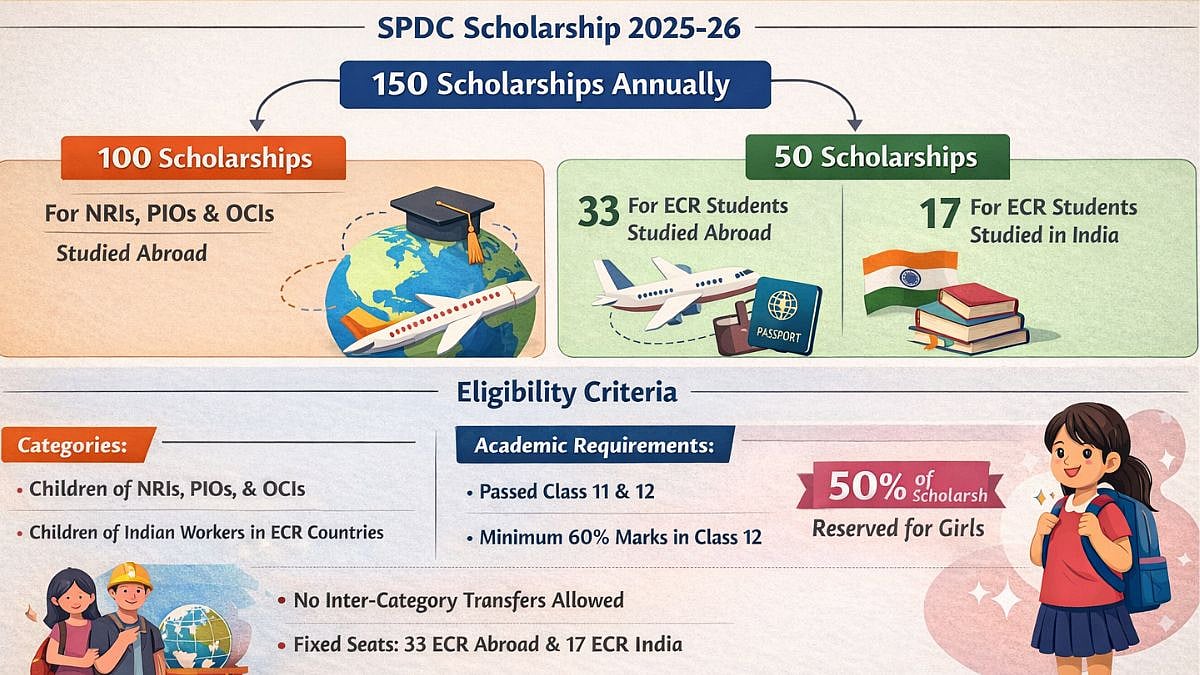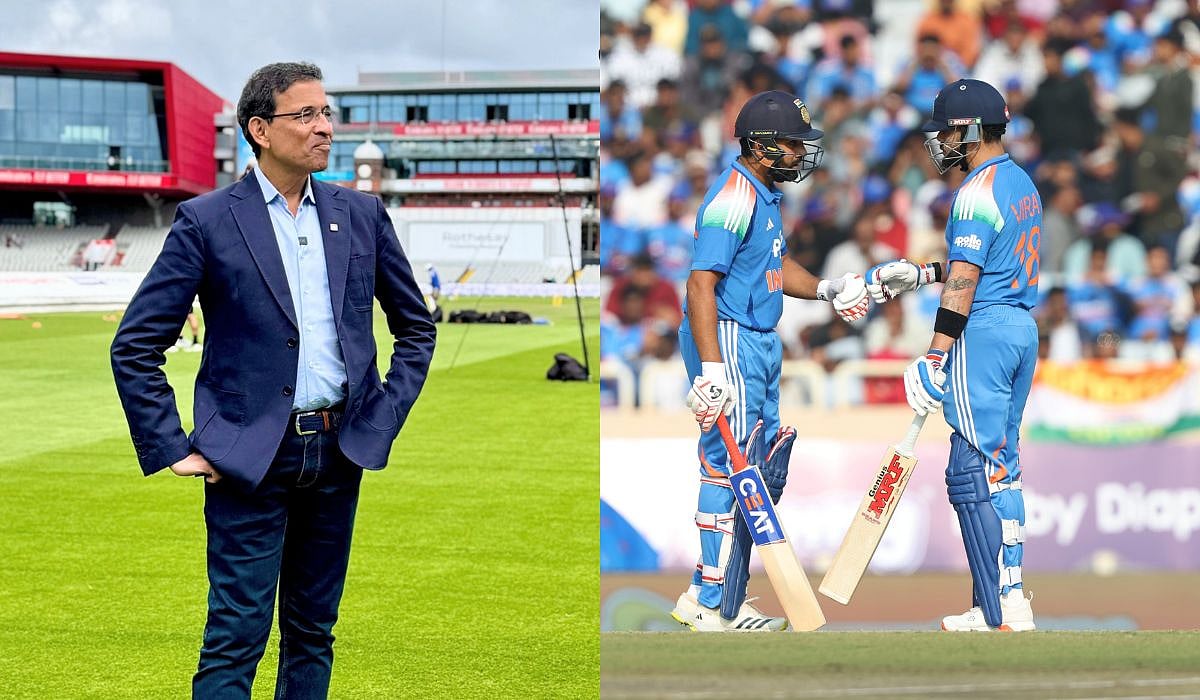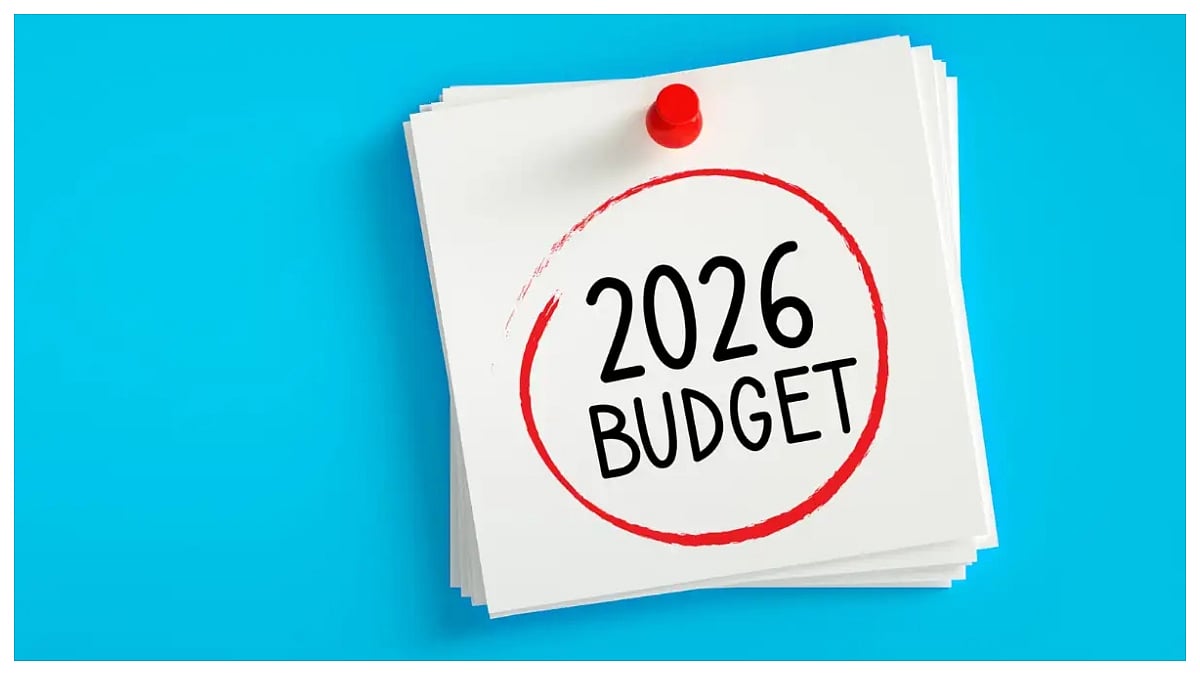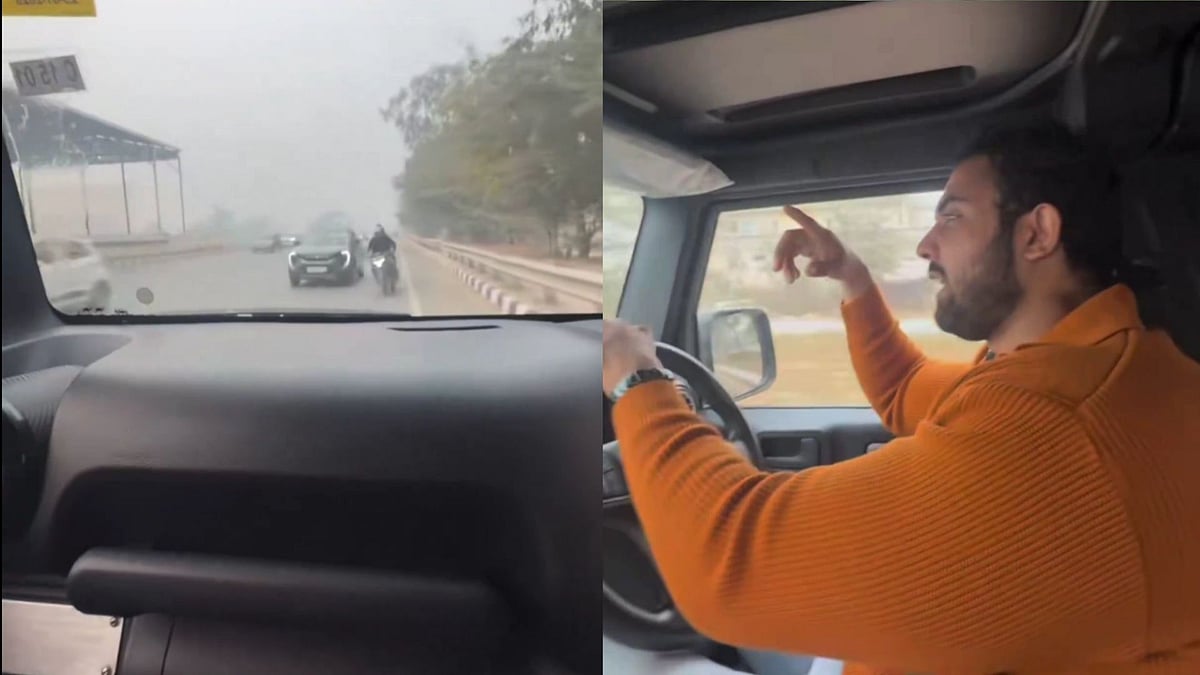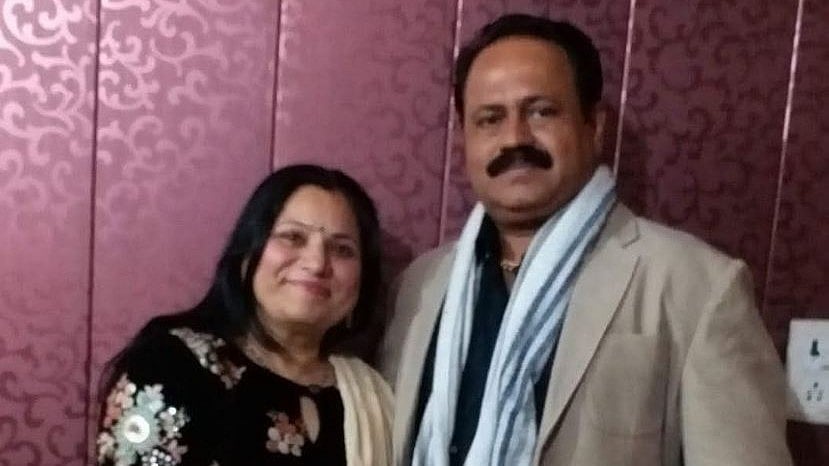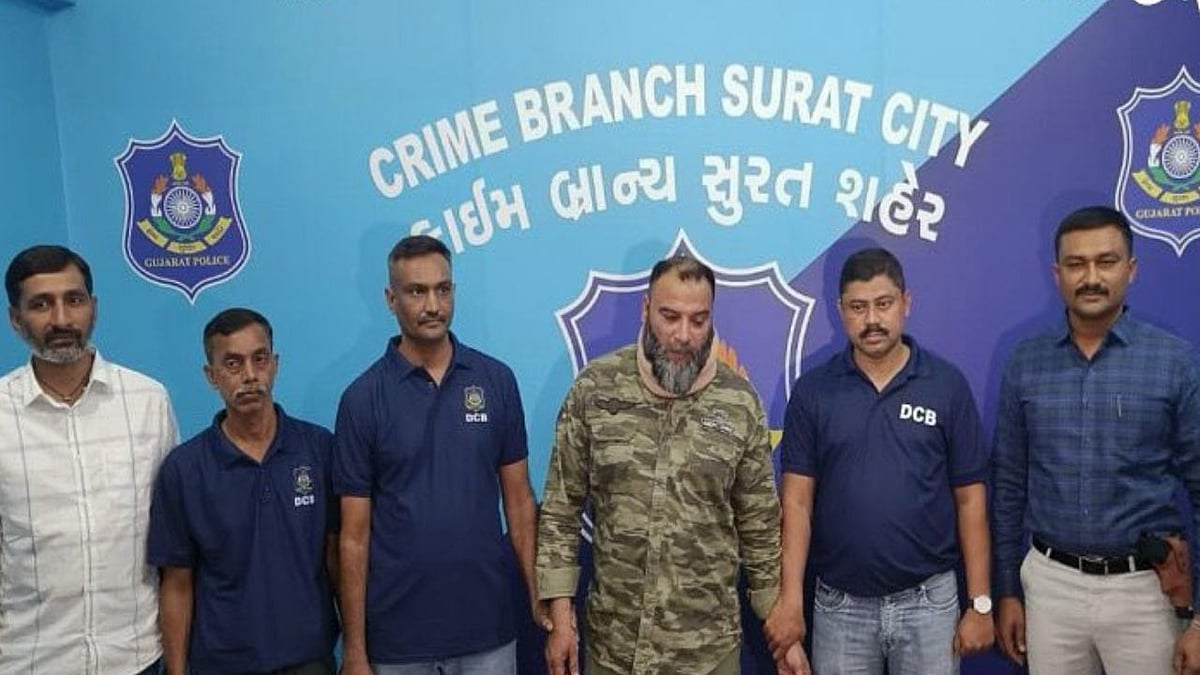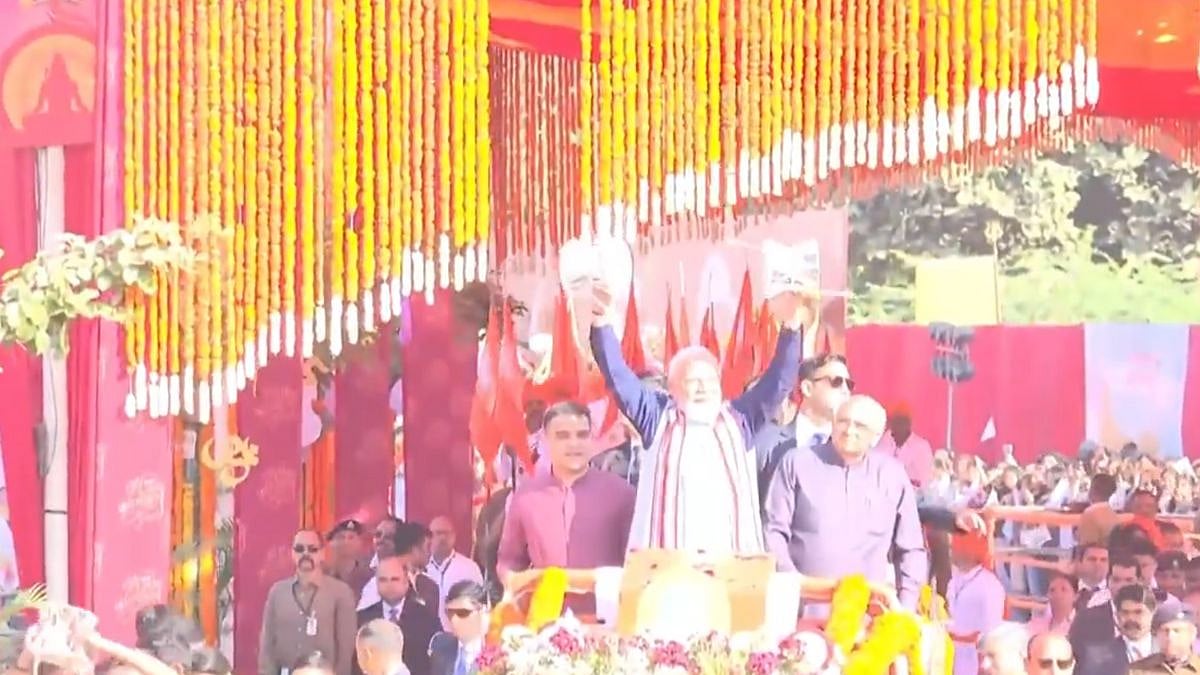Today marks the 45th anniversary of the day former Prime Minister Indira Gandhi declared a national emergency. The lead-up to the emergency started interestingly in 1971 when Gandhi defeated Socialist Party leader Raj Narain at Rai Bareli. Narain alleged that Indira had tampered with election machinery and filed a petition with the Allahabad High Court.
Four years later, the Allahabad High Court ruled in favour of Narain and said Indira Gandhi was guilty of misuse of government machinery for her election campaign. The court declared her election null and void and unseated her from her seat in the Lok Sabha. The court also banned her from contesting any election for an additional six years. Gandhi then challenged the High Court’s decision and approached the Supreme Court. However, to her dismay, the court upheld the High Court order and ordered that all privileges that she received as an MP be stopped, and that she be debarred from voting. She was, however, allowed to continue serving as prime minister.
It was at this time that senior leaders like JP Narayan and Moraji Desai would protest against the government, with the former even asking the police to go against the government machinery as it was Mahatma Gandhi’s principle of non-cooperation, which was seen a dissent. Indira then asked President Fakhruddin Ali Ahmed to announce a national emergency, which was declared in a span of three hours. The 21-month period, according to the BJP in 2019, was the darkest time in India’s history, with several of its leaders including current Home Minister Amit Shah, and current party president JP Nadda tweeting against the ‘horrors of the time.’
Several BJP leaders including Arun Jaitley, Atal Bihari Vajpayee, Lal Krishna Advani, just to name a few were arrested. The RSS was banned as an organization, and several pracharaks were arrested. However, Prime Minister Narendra Modi managed to evade arrest, according to this Economic Times report. The report, quoting journalist Nilanjan Mukhopadhyay, said that PM Modi had disguised himself and moved around the country to protest. During this time, his popularity increased within the organization and his vision had widened and from being just a pracharak, he was a ‘name’ within RSS circles.
Forty-five years on, the BJP has been ruling India for the past six years and many feel that the current Modi 2.0 government is as draconian as the Indira Gandhi-led one. Journalist Coomi Kapoor in her Indian Express article today even cited the Delhi police action against students of Jamia University, and the Central government’s action in Jammu and Kashmir where leaders like Farooq and Omar Abdullah, Mufti Mohammad Sayed, and Saifuddin Soz were detained. Notably, Sayed and Soz are still under house arrest.
Interestingly in 2015, one year after assuming power, NGOs had alleged that the Modi government functioning brought back memories of emergency. According to a PTI report, speakers from media and various NGOs claimed that the economic policies of the government were an attack on the rights of farmers and workers.
Historian Ramachandra Guha believes that there are similarities and dissimilarities between Indira Gandhi and PM Modi. While speaking on the dissimilarities, he says that Modi is self-made, while Indira had both social and political privileges while growing up. “Despite all her faults, Indira Gandhi understood the diversity of India, while Modi was raised in a homogenized school of thought,” Guha said, adding that the dissimilarities ended there. He believes that the party, the government and the nation are extensions of themselves.
The media, too, is an interesting space in 2020. While there are several media organisations that have backed the government, there are those that stand strong and dissent. While its reporters have faced the brunt such as Supriya Sharma, the Executive Editor of Scroll did last week for her in-depth coverage of a village in Varanasi, which is PM Modi’s constituency.
Before he became Prime Minister of India, actor and BJP leader Paresh Rawal said India needed Modi because he was a ‘benevolent dictator’. Somewhere in the school of thought, the BJP has accepted the prime minister as the supreme leader, much like the Congress felt about Indira Gandhi. And while the current government is unlikely to issue a state of emergency fearing how people will react, there is enough to compare this government with Indira’s 1975 Congress.

